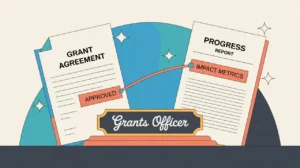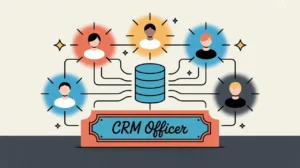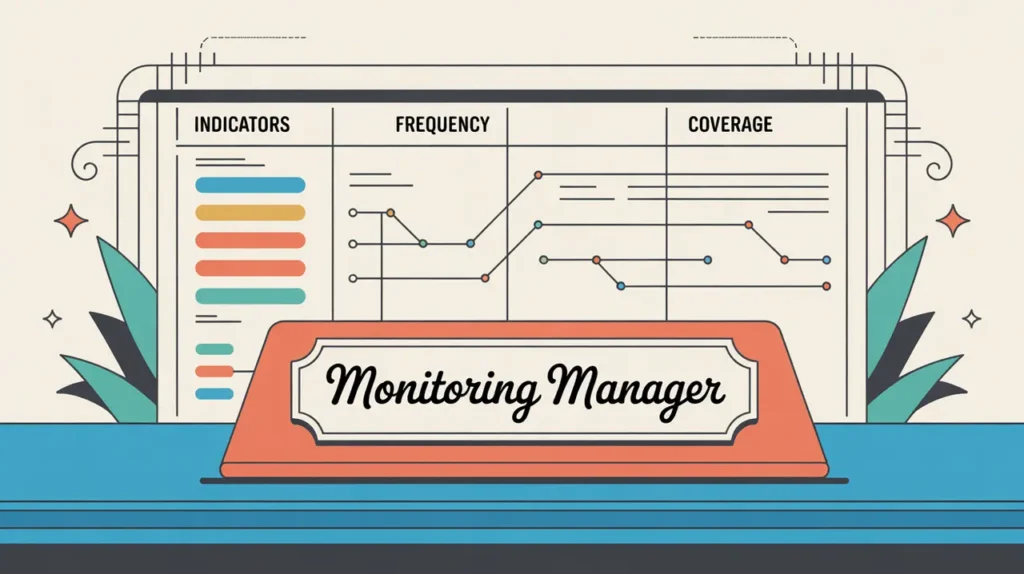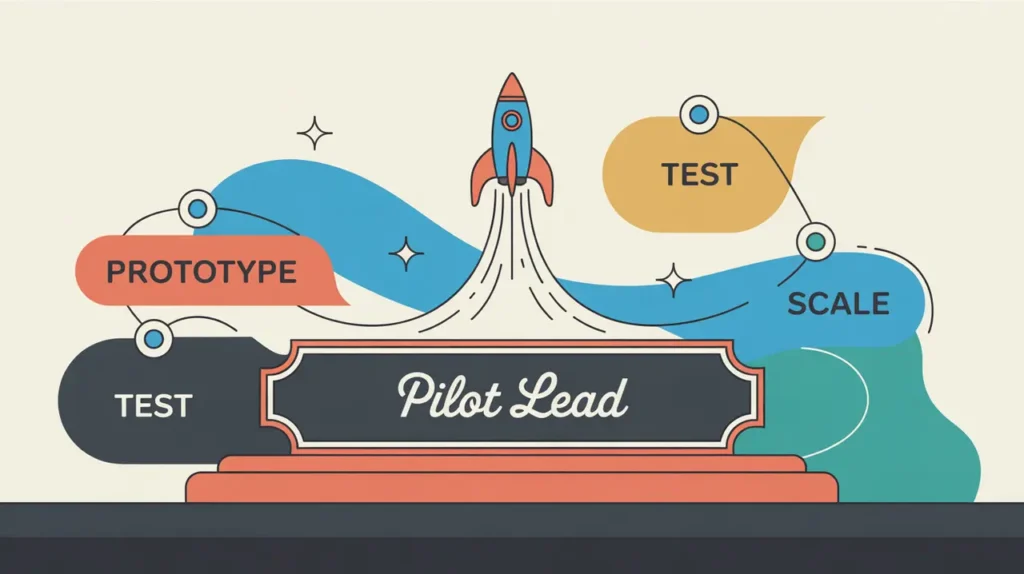What Does the Chief Research/Impact Officer Role Involve?
A chief research and impact officer (CRIO) is responsible for leading an organization’s research, evidence, and impact strategies to ensure that its work is grounded in rigorous knowledge and generates measurable change. This involves overseeing research design, partnerships with academic or policy institutions, data collection and analysis, evaluation frameworks, and impact measurement systems. The CRIO ensures that research and impact functions inform strategy, program design, policy engagement, and external communications. They work closely with the CEO, executive team, program leads, and external experts to build a strong evidence base that advances the organization’s mission. In both nonprofits and social enterprises, this role plays a pivotal part in linking knowledge creation with strategic action and social outcomes.
At What Level does this Role Operate?
Executive Level: This role operates at the highest level of organizational leadership, typically reporting to the CEO and serving as part of the executive team. The CRIO oversees research, evaluation, and impact functions, working across departments to integrate evidence and learning into strategy and operations.
Relative Employability: Executive research and impact leadership roles are increasingly in demand across nonprofits, social enterprises, philanthropic institutions, think tanks, and international NGOs. Organizations seek leaders who can bridge rigorous research with practical impact strategies and external influence.
Relative Pay Scale: Within nonprofits and social enterprises, chief research and impact officer roles sit in the upper executive pay bands, reflecting their strategic significance in driving evidence-based action and credibility.
What are the Key Responsibilities and Activities?
- Define and lead the organization’s research and impact strategy in alignment with mission and goals
- Oversee the design and implementation of research projects, evaluations, and impact assessments
- Build partnerships with academic institutions, research organizations, and policy networks
- Ensure research and impact findings inform organizational strategy, program design, and advocacy
- Supervise research and impact teams, building internal capacity for data collection and analysis
- Develop systems for monitoring, evaluation, and learning that meet organizational and funder requirements
- Represent the organization externally through research publications, conferences, and thought leadership
- Advise the CEO, board, and executive team on emerging evidence, trends, and strategic opportunities
What Core Competencies and Qualifications are Needed?
Required Qualifications and Experience
The following reflect common qualifications and experience expected for this role, while recognizing that pathways may vary by context, organization, and region.
- Relevant academic background in social science, economics, public policy, or a related field, or equivalent professional experience
- Extensive leadership experience in research, evaluation, and impact measurement, ideally at a senior or executive level
- Deep understanding of research methodologies, data analysis, and impact frameworks
- Proven ability to bridge research and practice to inform organizational strategy and decision making
- Experience collaborating with academic institutions, funders, and external partners
Key Competencies
- Strategic research and impact leadership
- Analytical and methodological expertise
- Excellent communication and knowledge translation skills
- Cross-functional leadership and collaboration abilities
- Capacity to position research and evidence within strategic and operational priorities
- Commitment to mission, rigor, and learning
How are AI and Automation Shaping this Role?
An AI-native chief research and impact officer will look to AI and automation to deepen analysis, accelerate research cycles, and enhance impact measurement. They can use AI tools to process large datasets, identify trends, and generate predictive models that inform strategy. Automation can support data collection, cleaning, and reporting workflows, freeing the CRIO to focus on strategic interpretation and thought leadership. By integrating AI thoughtfully, CRIOs can strengthen their organization’s ability to generate, interpret, and apply evidence for greater impact.
What Career Pathways and Transferable Skills are Associated with this Role?
Chief research and impact officer roles are senior leadership positions that bridge knowledge creation with strategic influence. Professionals in this role may advance to CEO, strategy leadership, or research advisory positions in academic, philanthropic, or international organizations. The combination of research expertise, strategic leadership, and evidence translation developed in this role is transferable across nonprofits, social enterprises, universities, think tanks, multilateral institutions, and mission-driven companies.







